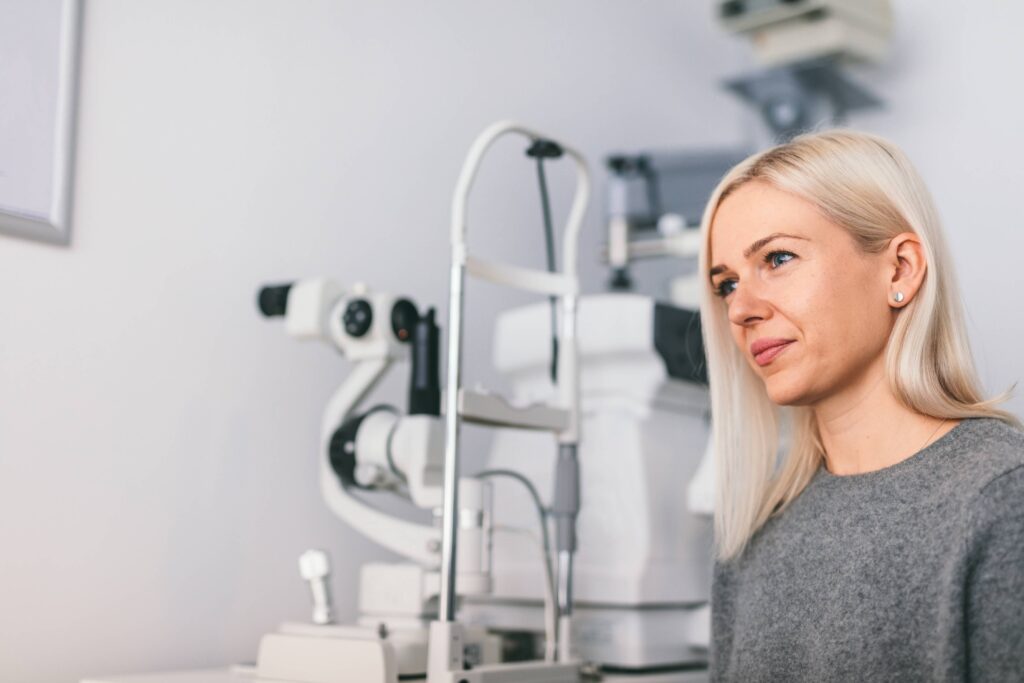If you’ve been wearing corrective eyewear, you know how costly and time-consuming they can be. You need to clean and maintain your eyeglasses or contacts and keep up with your appointments. It won’t be surprising if you yearn to see without these visual aids. If you’ve thought about treatments like LASIK and wondered if you’re eligible for this procedure, you’re in the right place. Read on to see if you’re a candidate for LASIK.
Is It for You?
LASIK is a type of refractive surgery that uses a laser to change the shape of your cornea. This way, your refractive error like nearsightedness, farsightedness, or astigmatism, is treated. To qualify for this vision correction procedure, you need to meet specific criteria, including:
- Age. You should be at least 18 years old — ideally, over 21 years of age when your vision has already stopped changing.
- Stability. You should have a stable vision in the last year before your LASIK procedure. It’s also essential that you have an appropriate prescription for at least a couple of years.
- Treatability. Your refractive error should be one that’s within the treatable range. In general, LASIK can correct up to about -11.00 diopters (D) of nearsightedness. A diopter is a unit used to indicate the strength of the lens. The treatable range for farsightedness is up to about +5.00 D, and approximately 5.00 D for astigmatism. Higher amounts of refractive errors may mean a higher risk of visual side effects.
- Pupil Size and Corneal Thickness. Patients with large pupils may suffer from permanent visual aberrations after LASIK. These irregularities include seeing halos or starbursts and losing contrast sensitivity at night. Corneal thickness also matters as you must have sufficient corneal tissue in place for reshaping. If you have thin corneas, it would not be easy for your eye surgeon to make an epithelial flap. A lack of corneal tissue can also be risky as it can result in severe complications, such as the outward bulging of the eye.
- Good Eye Health and Overall Health. Your overall eye health plays a massive role in determining whether you’re a good candidate for LASIK. Let your doctor know if you have a lazy eye, poor eye muscle control, or any residual, existing, or a recurring eye condition that may impact your recovery process. You shouldn’t suffer from severe dry eye, cataracts, glaucoma, and eye infections or injury. A good LASIK candidate should also be in good overall health. It would be best if you did not have conditions, such as uncontrolled diabetes, that may compromise your immune response. LASIK surgeons generally advise that pregnant women should wait until a few months after childbirth before LASIK. Due to the hormonal changes during pregnancy, the outcome of the procedure becomes less dependable. The medications used during and after the laser surgery may also harm your child if you’re pregnant or lactating.
There may be a lot of contributing factors that might keep patients from being a candidate for LASIK. Fortunately, those who did not qualify years ago can now gain a clearer vision and enjoy an improved quality of life as new techniques have been refined and introduced. Learn more about your treatment options at Abraham Eye Associates in Villanova, Pennsylvania. Call us now at (484) 209-0800 to schedule your consultation.




